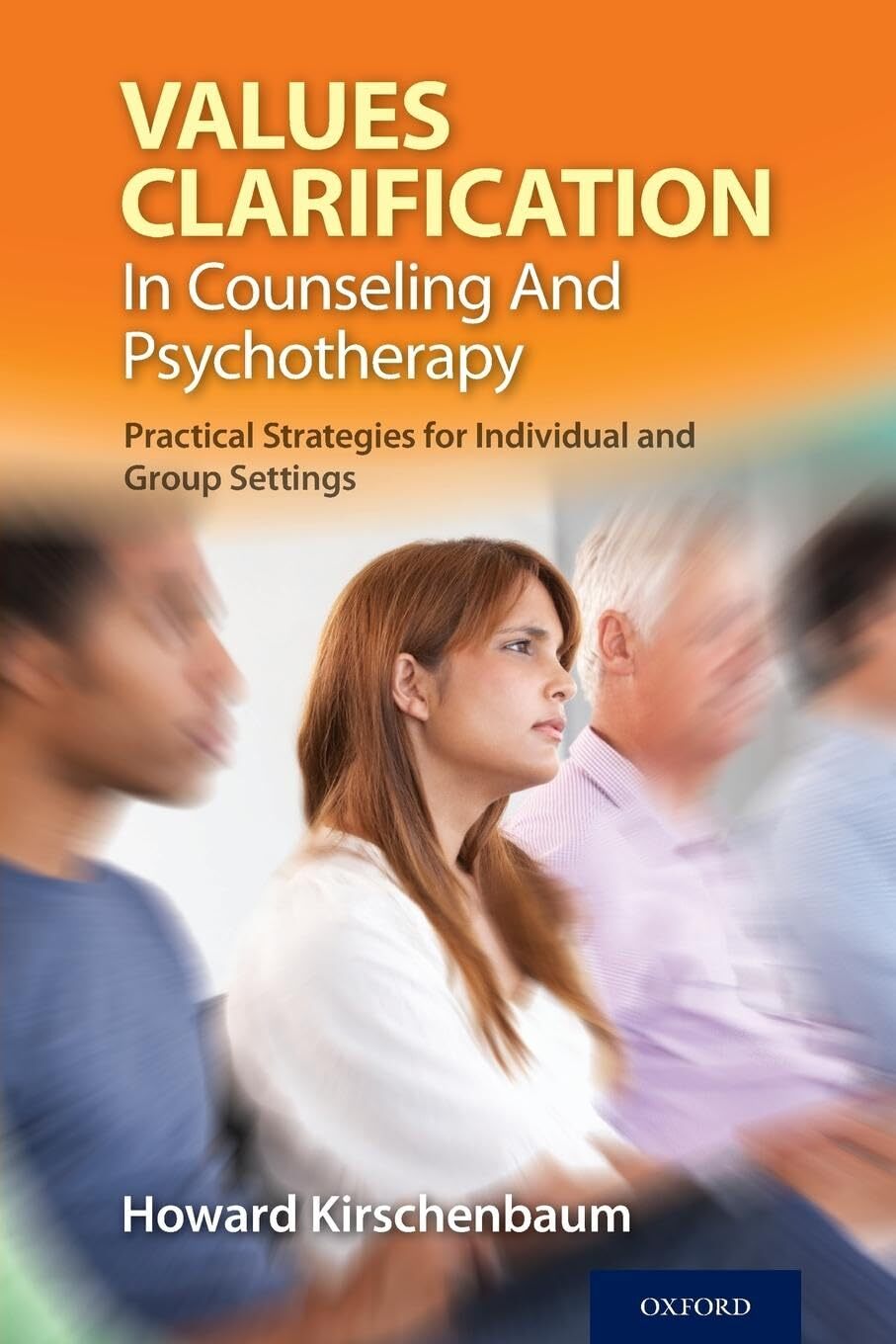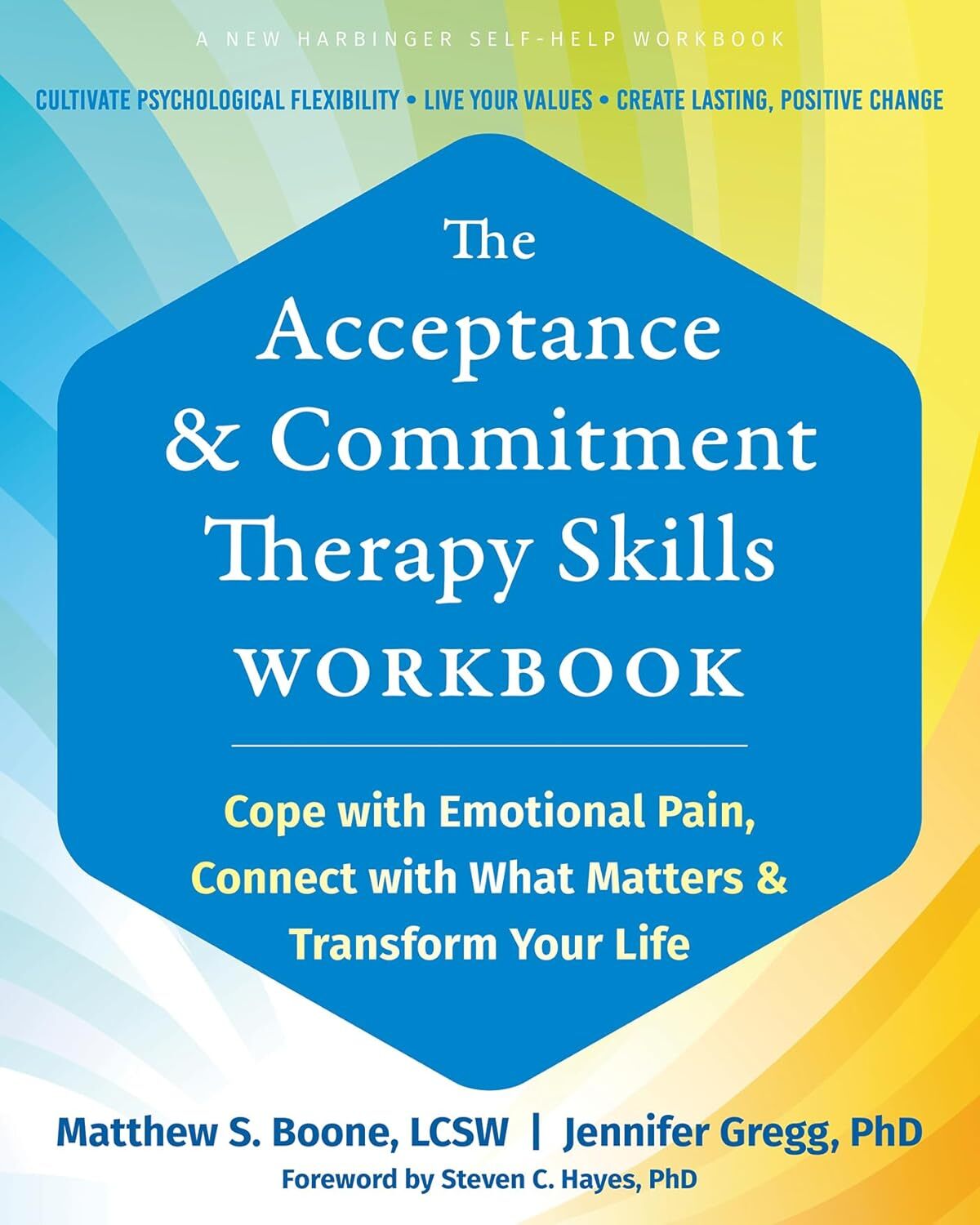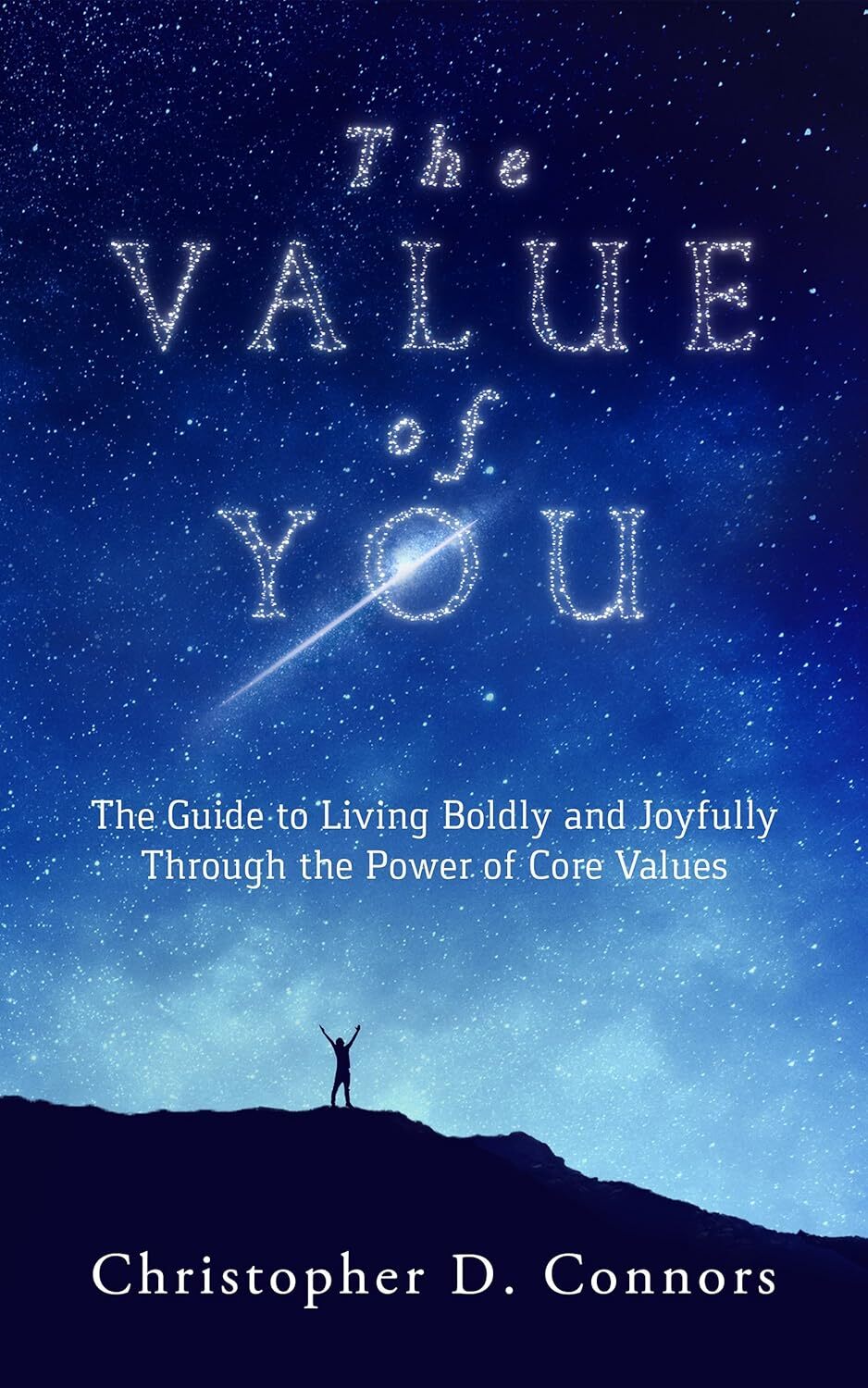Values Assessment
Clarify Your Personal Values to Help Guide Your Recovery Journey

Introduction
Values Assessment is a reflective practice that involves identifying, prioritizing, and clarifying your core personal values—what truly matters most to you in life. For cancer survivors, this tool can be particularly powerful at various stages of recovery, helping to realign priorities, make informed decisions about treatment and lifestyle, foster a sense of purpose, and enhance emotional resilience amid uncertainty and change.
What You Need To Know
How To Do It
Instructions:
1. Prepare Your Space
Find a quiet, comfortable place where you won't be interrupted. Have paper, a pen, or a digital note-taking tool ready. Allow 20–45 minutes for the exercise. Sit in a relaxed position.
- Certainty is the quality of being reliably true or accurate.
- Control is the ability to influence or direct people's behavior or the course of events.
- Financial Stability refers to the state of having a secure and consistent financial situation.
- Health is a state of complete physical, mental, and social well-being.
- Job Security is the assurance that one's employment is stable and not at risk.
- Peace is a state of tranquility, free from disturbance or conflict.
- Privacy is the state of being free from intrusion or disturbance in one's personal life.
- Security is the state of being free from danger, threat, or harm.
- Trust is a firm belief in the reliability, truth, or ability of someone or something.
- Acceptance is the act of embracing and acknowledging others without judgment.
- Compassion is the ability to empathize with and alleviate the suffering of others.
- Family represents the bonds formed through blood or choice, creating a support system and a sense of belonging.
- Forgiveness is the act of letting go of resentment and granting pardon.
- Friendship is a bond of mutual affection, trust, and support between individuals.
- Honesty is the quality of being truthful and sincere in communication and actions.
- Love is a profound and deep affection, care, and attachment to someone or something.
- Loyalty is the unwavering commitment and faithfulness to a person, group, or cause.
- Religion represents faith and belief in a higher power or a set of spiritual principles.
- Teamwork is collaborative effort among individuals working together toward a common goal.
- Tradition encompasses customs, rituals, and practices passed down through generations.
- Appreciation is the act of recognizing and valuing the qualities, actions, or efforts of others.
- Authority is the power or right to make decisions and enforce rules.
- Beauty is the quality of being visually pleasing or emotionally inspiring.
- Competence is the ability to perform tasks effectively and efficiently.
- Courage is the ability to confront fear, pain, danger, or uncertainty with bravery and determination.
- Fame is widespread recognition and attention from the public or a particular audience.
- Influence is the capacity to affect the behavior or decisions of others.
- Popularity is the state of being liked, admired, or enjoyed by a large number of people.
- Reputation is the collective beliefs or opinions held about a person or entity.
- Respect is the regard and consideration shown to others based on their qualities, achievements, or position.
- Uniqueness is the quality of being distinct or unlike anything else.
- Wealth is the abundance of valuable resources, often including material possessions and financial assets.
- Accountability is the obligation to accept responsibility for one's actions, decisions, and their consequences.
- Adventure is the pursuit of exciting and daring experiences, often involving risk and novelty.
- Ambition is a strong desire and determination to achieve success, often marked by setting high goals and aspirations.
- Challenge is a call to engage in a difficult or demanding task that tests one's abilities.
- Curiosity is a strong desire to learn, explore, and seek knowledge about the world.
- Determination is the firmness of purpose and unwavering commitment to achieving goals.
- Discipline is the ability to control one's behavior and actions through self-control and commitment.
- Excellence is the pursuit of superior quality and outstanding performance in one's endeavors.
- Growth is the process of evolving, developing, and expanding in various aspects of life.
- Intelligence is the capacity for learning, reasoning, problem-solving, and adapting to new situations.
- Success is the achievement of goals, accomplishments, and the realization of one's aspirations.
- Variety is the quality of being diverse, offering a range of options and experiences.
- Wisdom is the ability to apply knowledge and experience to make sound judgments and decisions.
- Authenticity is the quality of being genuine, true to oneself, and aligned with one's beliefs and values.
- Commitment is the dedication and unwavering resolve to achieve goals, often in the face of challenges.
- Contribution is the act of giving, sharing, and making a positive impact on others and the world.
- Creativity is the ability to think, imagine, and innovate in unique and novel ways.
- Equality is the belief in and practice of fair treatment, opportunity, and rights for all individuals, regardless of differences.
- Ethics is the study of moral principles and values that guide human behavior.
- Excitement is a state of joy, enthusiasm, and exhilaration.
- Freedom is the state of being liberated from constraints, oppression, and limitations.
- Helpfulness is the willingness to assist and support others in times of need.
- Independence is the ability to make decisions and live autonomously, free from excessive reliance on others.
- Inner Harmony is the state of balance, peace, and alignment within oneself.
- Justice is the principle of fairness and equality in the distribution of rights, resources, and opportunities.
- Meaningful Work is the pursuit of a vocation or career that aligns with one's values and passions.
- Passion is an intense and enthusiastic emotion or desire for something.
- Pleasure is the experience of enjoyment, delight, and satisfaction.
- Spirituality is the exploration and connection with the transcendent or higher meaning in life.
- Tolerance is the acceptance and respect for differing beliefs, cultures, and perspectives.
Helpful Tips:
- Start small: If overwhelming, focus on 3 values initially.
- Use prompts: Consider pre- and post-cancer differences in values.
- Stay open: Values can evolve; there's no "right" answer.
- Manage emotions: If distress arises, pause and seek support.
- Use a timer: Prevent overthinking.
- Practice regularly: Reassess every few months.
- Track changes: Note shifts in priorities over time.
- Combine with therapy: Discuss with a counselor for deeper insights.
- Be patient: Clarity builds with repetition.
Related Topics:
Strongly Related
Reduce Stress:
[Links to related web pages]
[Links to related web pages]
[Links to related web pages][Links to related web pages]
Moderately Related
Issue B:
[Links to related web pages]
[Links to related web pages]












